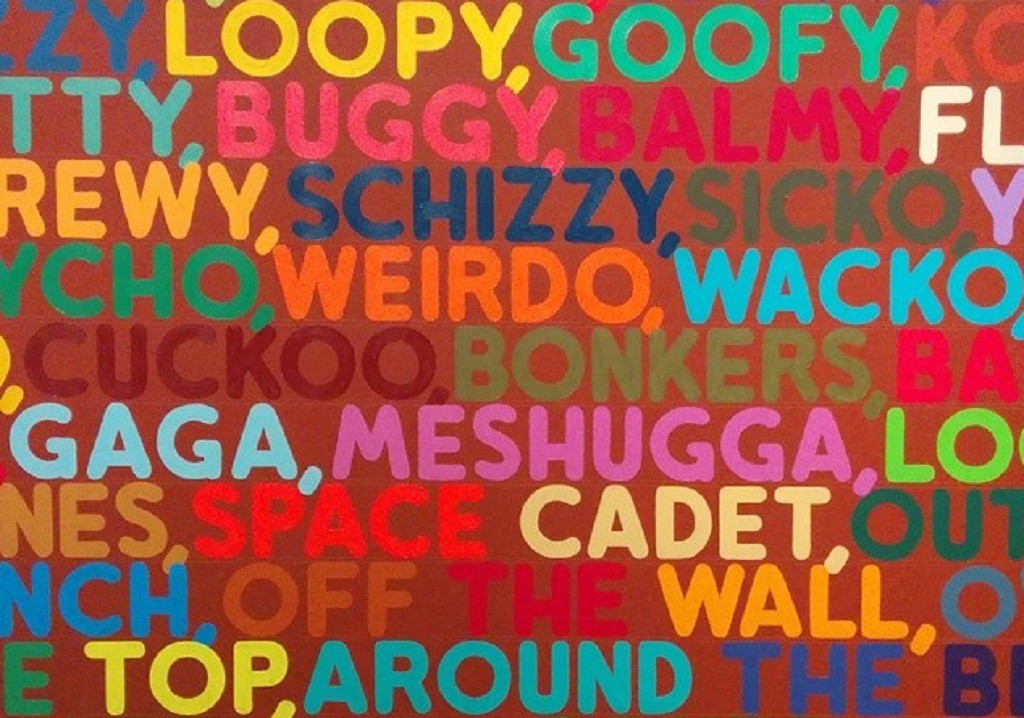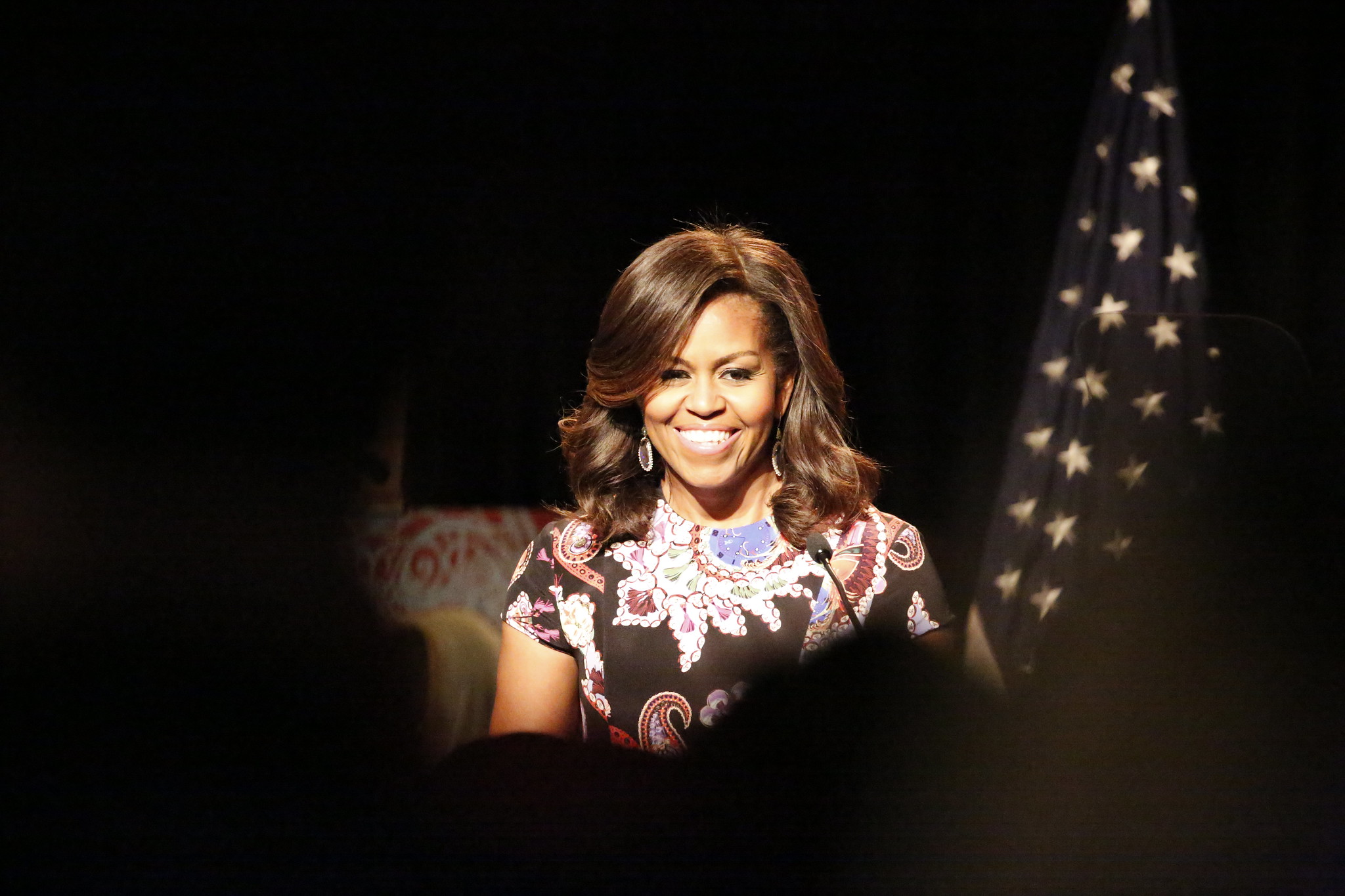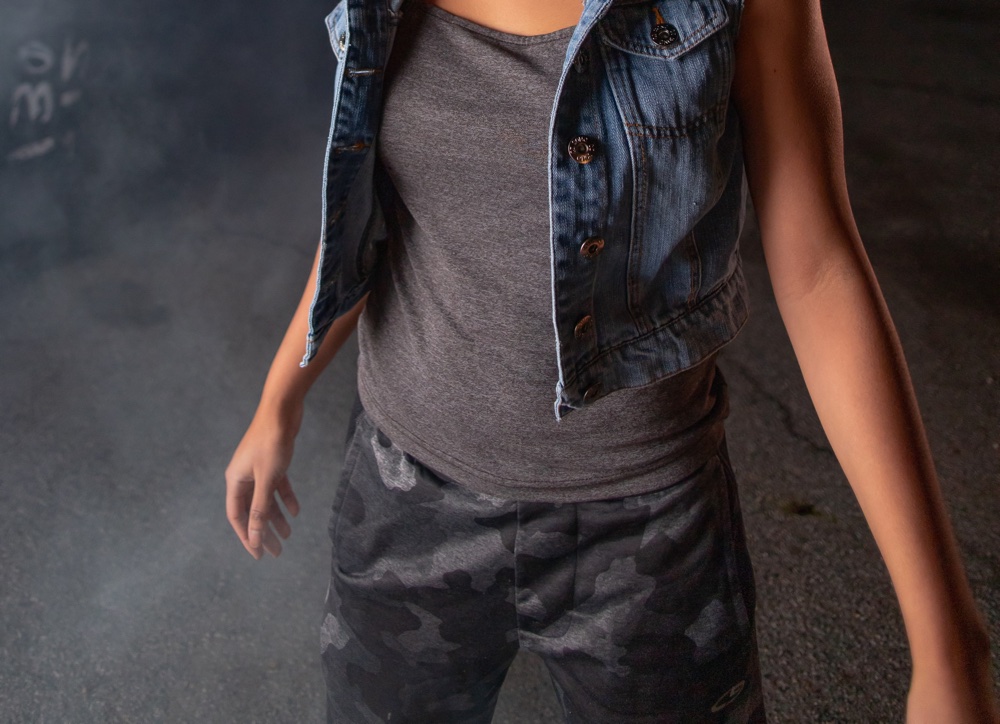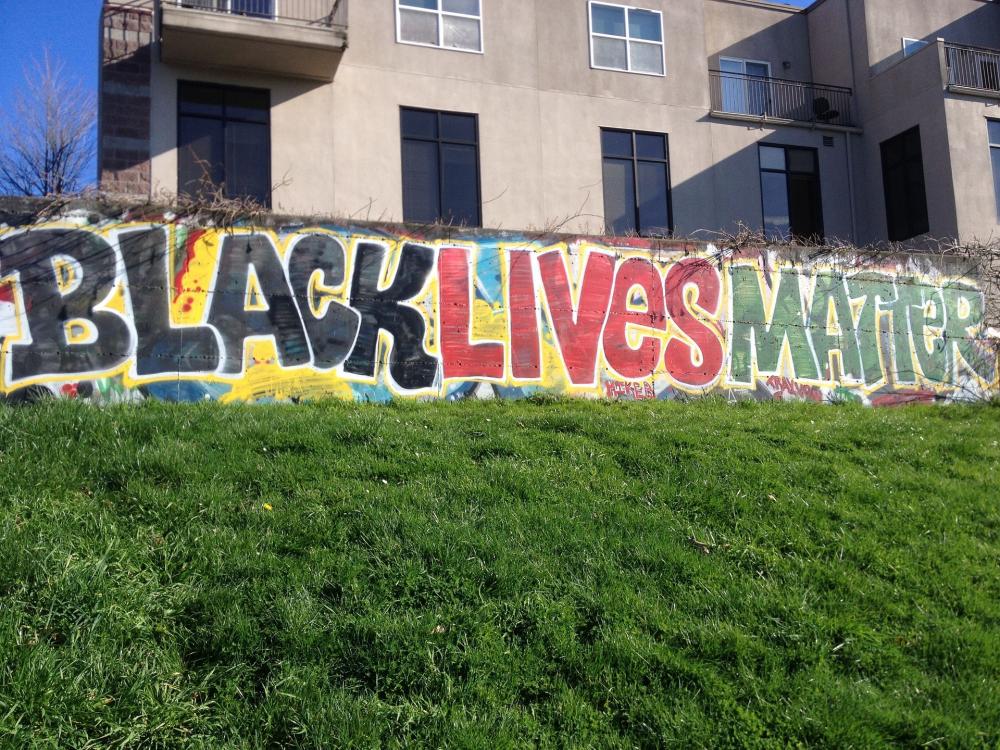interviews
If You Know, Love, or Are a Black Man, Jamel Brinkley‘s Stories Will Feel Like Home
The author of ‘A Lucky Man’ on creating reflections of the people he knows, and avoiding the white gaze
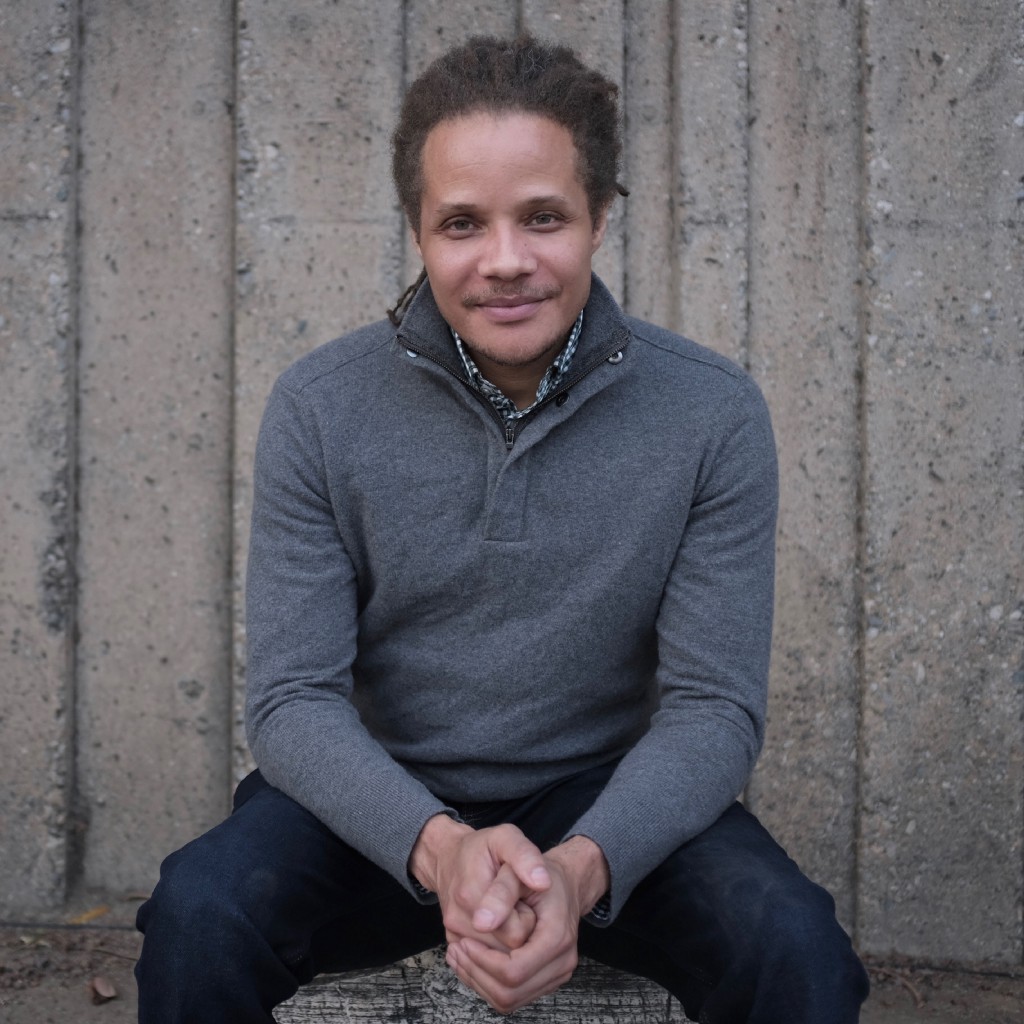
The short story certainly isn’t dead, nor is it making a “comeback.” It’s a concise form that continues to be cherished and dissected — and still has the capacity to go viral. Last year, a variety of short fiction collections gained acclaim, and it looks like 2018 has even more in store for us. It’s also an exciting time for new short fiction from authors of color.
Jamel Brinkley’s debut collection, A Lucky Man (Graywolf Press), is one of those titles to look forward to. It parses out the intersections of masculinity, forgiveness (of self and others), and the lives of Black boys and men coming into their own. I could connect with the characters as an African American, as a New Yorker, but also as a writer who seeks to dig deeper into the questions of what drives (and scares) us as individuals. Brinkley’s stories do this with not only finesse but care, not always providing answers or a straight conclusion but always leaving readers sated. His work has been published widely and has garnered him a Stegner Fellowship, The University of Wisconsin’s Creative Writing Fellowship, and inclusion in the The Best American Short Stories 2018 edited by Roxane Gay.
I had a chance to speak with Jamel about the shared connections and traumas of the Black community in New York and America, and how those experiences make their way into his stories.

Jennifer Baker: I’ve talked with a few writers about this before: the suggestion from readers that your fictional work may be autobiographical. And I wonder if, for writers of color, this gets heightened. Be it in the workshop environment or simply when sharing it with the larger world. When it comes to stories that feature Black men in particular and that looks at so many particulars of coming-of-age have you found that these stories tend to be routed in something personal for you?

Jamel Brinkley: This reminds me of something that happened at a reading I went to a few years ago. Chinelo Okparanta was the reader, and during the Q&A, a white woman asked a question that implied the work was basically pure autobiography, with maybe just a dash of fictional art. Chinelo answered the question in an elegant and diplomatic way, but then another published Black writer who was in the audience asked Chinelo if she often gets questions like the one asked by the white woman. It was a wonderful way to call attention to the presumption of autobiography that is often made of work by writers of color and, often, by women writers of all races. It happens a lot, yes, and even if it isn’t intended to be an insult, I take it as one. As if our imaginations are so lacking and limited that they can’t go beyond bare facts.
That said, I think all writers use refracted experiences. So my stories are rooted in things I’ve lived, be they house parties in Brooklyn, or J’ouvert, or day camp, or what have you. But often the root that get be started on a story becomes very small by the time the story is done, or it becomes transformed in a really significant way.
Jenn: And New York City has a big place in your collection.
Jamel: Yeah. I grew up in Brooklyn and the South Bronx, and I’ve also lived most of my adult life in Brooklyn. Those neighborhoods and people loom large for me. Toni Morrison has that phrase: “From my perspective there are only Black people. When I say ‘people,’ that’s what I mean.”
Well, when I think about characters or people that I want to write about, I think about the people I know from the Bronx and Brooklyn.
When I think about characters or people that I want to write about, I think about the people I know from the Bronx and Brooklyn.
Jenn: That’s kind of a refreshing take. At least to me it is, to not see us have to be “othered” in the way that we usually are in media but in NYC, when from and residing in NYC, I very rarely as a Black woman ever feel like I’m not part of the everyday population of this city.
Jamel: Right. We are at the center of our own lives.
Jenn: Do you find that’s also somewhat freeing to write about? In stories like “J’ouvert 1996” and “Everything the Mouth Eats” and “A Lucky Man” there’s no need to dissect race. Not to say you avoid speaking about race, but it’s not necessarily at the epicenter of an emotional or literary crisis for your characters. Which in itself is refreshing for me as a reader.
Jamel: It’s freeing in the way that just hanging out with my family is freeing, if that makes sense. Or the way that hanging out with my friends in school growing up was freeing. We know who we are, Black and Brown folks just living, and there’s no need to pander to whoever, a white audience or white readers. Of course, white supremacy in all of its manifestations is there, along with other forms of oppression, but in my stories I think they’re there as just one part of all the things my characters have to contend with in the struggle just to live everyday lives.
Jenn: What I also love are those details that I saw in my grandma’s house growing up. I don’t care who you are but if you were Black in America you more than likely had those oversized wooden spoons hanging on the walls.
Jamel: Oh without a doubt! It was fun to dip into my memories of details like that, or to look at old photographs and see those incredible details, which are so specific but communal and shared at the same time.
Jenn: And the fashion. House dresses. Scarves. Culottes all that comes to mind as a child of the ’80s living in NYC. The pyrex and cast irons that got passed down…
Jamel: Yes! And this is part of what I mean by freeing like family time is freeing. What we’re doing right now reminds me of sitting around with the aunties and cousins and talking about so-and-so’s house, or that outfit he used to wear. That kind of sharing is freeing.
Jenn: Extremely. I spoke to a (Black male) writer and he said to me that when you write a certain type of literary fiction and they feature Black men and you are a Black man that it’s hard to find your audience. It seems, to me at least, that A Lucky Man has found a lot of resonance based on what you’re saying of not worrying about a white gaze. But do you think as a Black male writer there is an absence of simply stories about young Black men living and not necessarily fighting for their lives in the sense of fighting against power structures/systemic systems?
Jamel: One thing that struck me while my collection was being considered by various publishing houses was how often the editor’s comments would be along the lines of, “These are such sensitive and nuanced portraits of these men!” On the one hand, that maybe does point to an absence of such stories about Black men, but on the other hand, my thought was, “But these are the kinds of Black men I know!” I will say too that I think almost 20 publishing houses looked at this book. Not one major/mainstream/corporate/however-you-want-to-say-it press showed significant interest. Only a few independent houses wanted to publish my collection. I know that short story collections are tough sells, so I’m sure that was a big part of it, but the kinds of stories I’m writing about Black men may have been a factor too. Is it a risk to publish stories like mine? I hope not, but maybe it is.
I know that short story collections are tough sells, so I’m sure that was a big part of it, but the kinds of stories I’m writing about Black men may have been a factor too.
Jenn: “Everything the Mouth Eats” is one of my favorite stories in the collection. What struck me is the dynamics of healing but also the writing of trauma. This story made me think more on how we see trauma exposed, but also as a woman, how often I see it handled and how little I see of it presented in a way that cares for the character. As a writer I felt like what was in your story was, “I want to get this across, but I also don’t want to abuse this person again for your entertainment.” So how do you approach a story like that?
Jamel: This reminds me of the discourse around sharing footage of Black people being murdered by the police, the ethics of that.
Jenn: You know, that was on my mind too actually.
Jamel: That story actually started because I wanted to write something that was in conversation with “Sonny’s Blues” by James Baldwin. And one of the things that strikes me about that story, is not just the incredible language in that final scene — a miracle of a scene, really — but the way the narrator’s voice ushers us toward that ending from the very beginning. Baldwin’s story feels powerfully voiced and radically peopled, and I wanted to see if I could do that in my story. The center of my story isn’t the trauma or abuse the brothers experienced, it’s the relationship between the brothers themselves.
Art Must Engage With Black Vitality, Not Just Black Pain
Jenn: Exactly. Because we’re leading up to an idea of what caused this fracture between them. And I feel like all of your stories are an interrogation of deeper feelings that exist yet cannot be verbalized. We’re dealing with this basic understanding and relating of one another on a human level. Is that always the seed of a story for you?
Jamel: The seeds of my stories vary. A seed could be a particular place, or a snippet of memory, or a character, or a voice. But in the process of trying to nurture that seed, I do think I’m always trying to push toward deeper feelings that are difficult to verbalize. I don’t think language as given is very good at capturing the range and complexity of human feeling. Somehow “emotion words” show themselves as lacking. Literary sentences and poetic lines can make language do things that, as commonly used, it isn’t very good at. I never want to expose my characters. There’s something lurid or tabloid about that word, expose. I want to explore my characters, a process which assumes their depth, complexity, and humanity. It also assumes that I won’t get answers to all the questions my stories ask of them, and that there will always be more questions.
Jenn: So, as an instructor of writing how do you push student writers to also pursue that complexity?
Jamel: This is a question I’m constantly asking myself. I’m starting to think that one way of pursuing that complexity is to court a certain amount of “messiness.” The kind of messiness that is tolerated in novels but not usually in stories. Here’s what I mean: Student writers are often told that a great story, as opposed to a great novel, has to be perfect. But what if the pursuit of perfection in story (a perfect arc or narrative shape, a perfect ending, etc.) serves to lessen the complexity of that story’s characters? What if characters end up saying things only for the perfection of the story, or if they show themselves only to the extent that the so-called perfection of a story will allow? One of the things I love about Edward P. Jones’s stories is that they feel untidy in a brilliant way. You get the sense that he loves his characters and they get to take the stage in ways that don’t make conventional sense. Those fugitive paragraphs about “minor” characters are kind of rebelling against the perfection of the story form, and I really admire that. It feels like life. So I think I just have to find ways to get my students to love their characters a little bit more than they love the perfection of the story-object. Wish me luck.
I’m starting to think that one way of pursuing that complexity is to court a certain amount of “messiness.”
Jenn: Godspeed, my friend. In terms of other short stories to learn more about, well anything, are there any in particular you’d recommend?
Jamel: Well, an Ed Jones story I’d recommend in terms of what I was just talking about would be “Old Boys, Old Girls.” I’d recommend “Virgins” by Danielle Evans to learn how to productively make trouble for your characters. “Gold Boy, Emerald Girl” by Yiyun Li is so patient, and it brilliantly handles multiple points of view, and that ending — my god! “The Ascent” by Ron Rash is a great lesson in writing close third, especially from the perspective of a child, and it doesn’t sensationalize the boy’s traumatic circumstances. “A Day” by William Trevor is a wonderful “aftermath” story. And “The Mistress” by Gina Berriault is great in terms of the consequences of a character’s desires. And if you want your socks knocked off in general, reread “Sonny’s Blues” forever.






